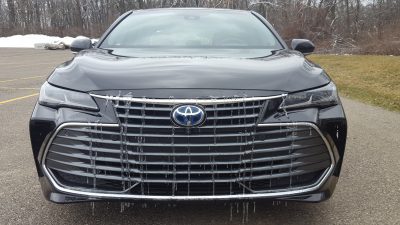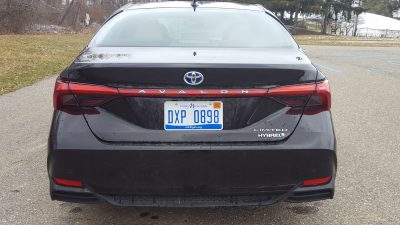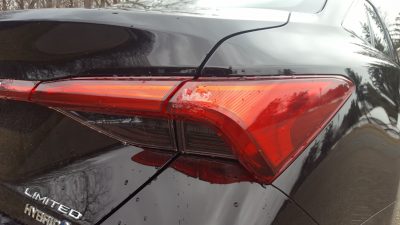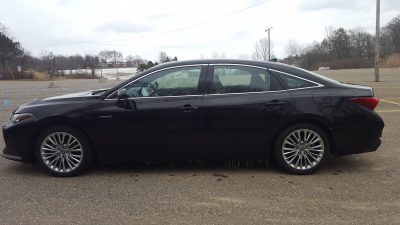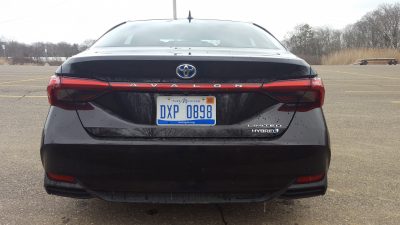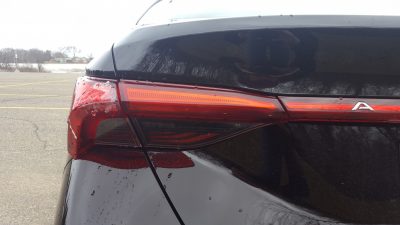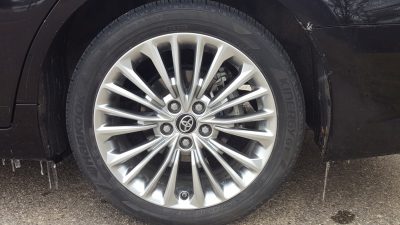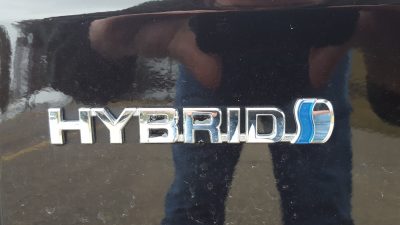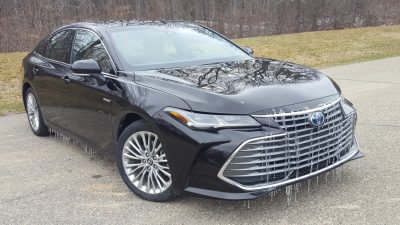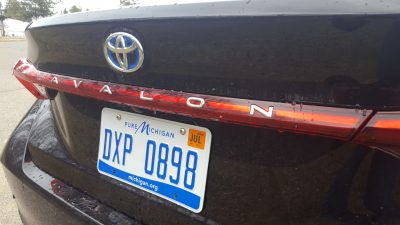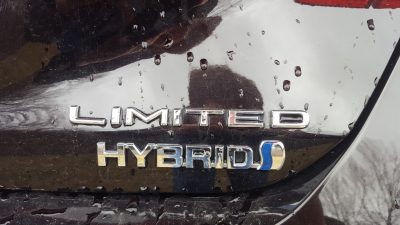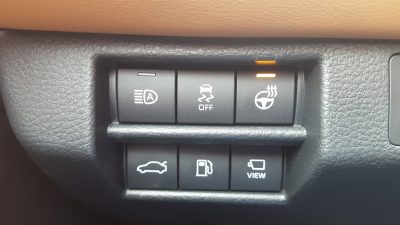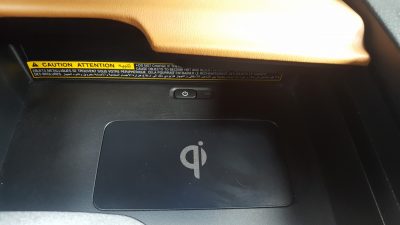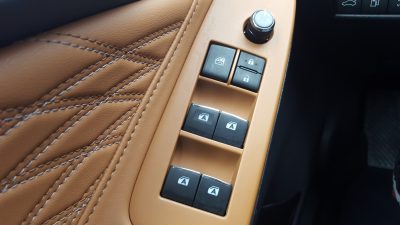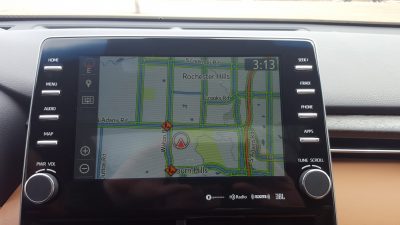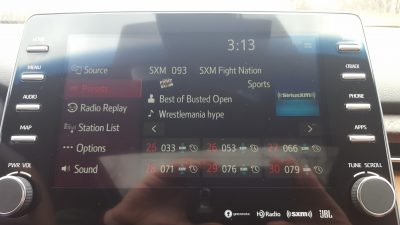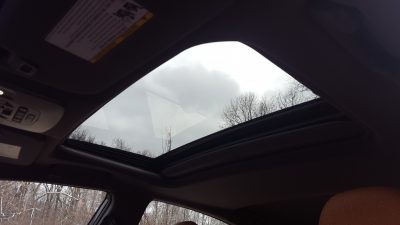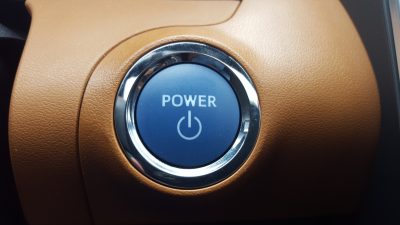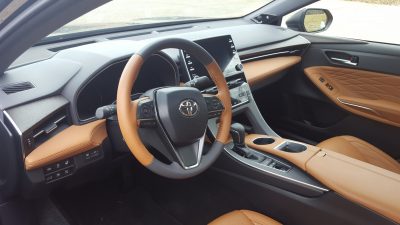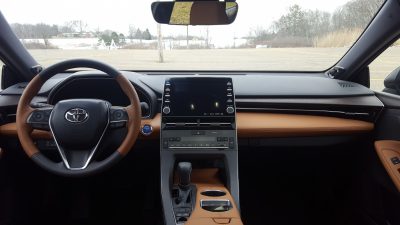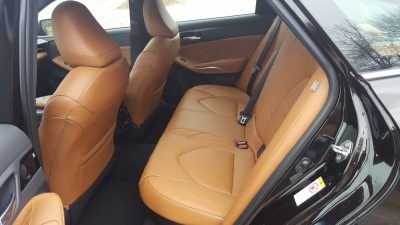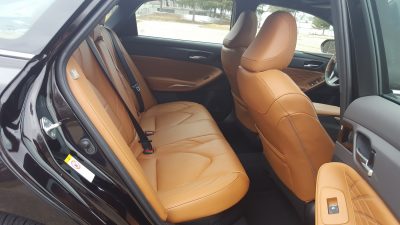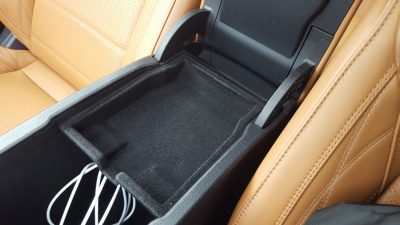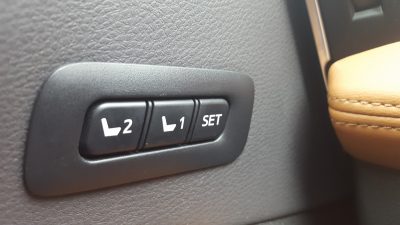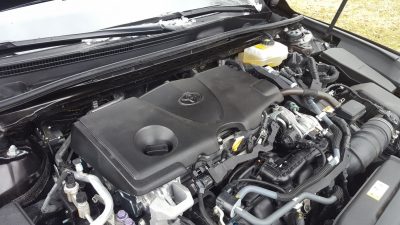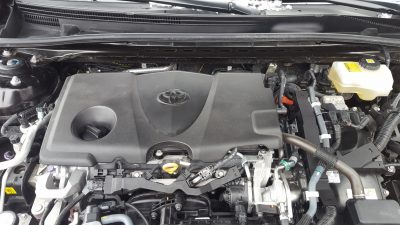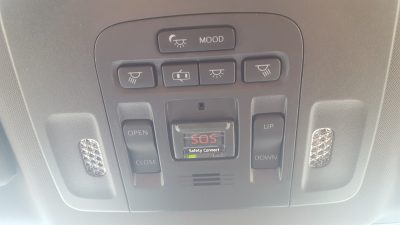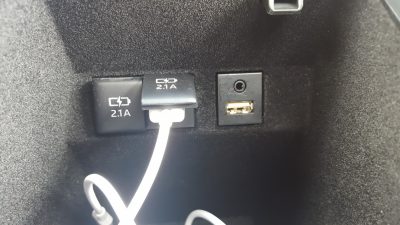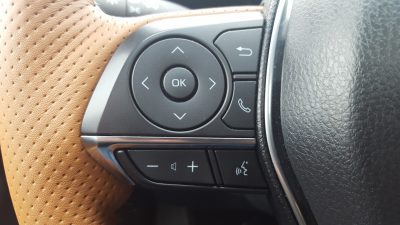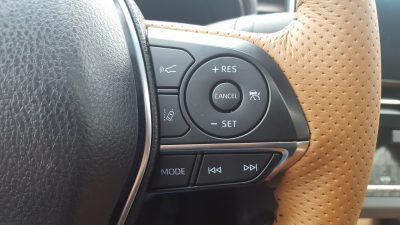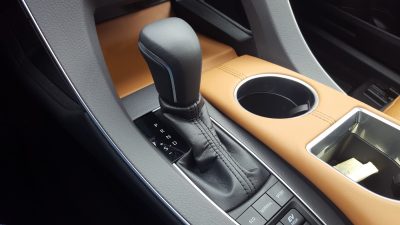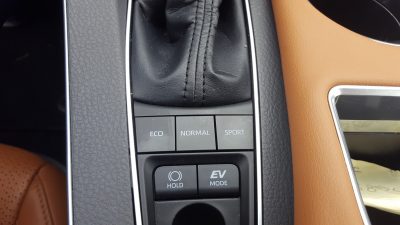When it comes to big sedans, few can come close to matching the unique arsenal of traits that the venerable Toyota Avalon brings to the table. Focusing on providing comfort and borderline luxury to its owners, the Avalon is a key name in the large sedan segment. But with schools of CUV and SUV models circling this iconic segment like sharks, the Avalon faces turbulent waters in its quest to remain true to its virtues. Despite this (as well as the success of its own utility offerings) Toyota is still keen to be a key player in the sedan segment, with the Japanese auto giant breathing new life into the bread and butter Camry mid-size sedan, before turning its attention to the Avalon last year. But can the Avalon still be a viable option for both younger buyers, and returning big sedan enthusiasts? Or is it out of its league in an ever evolving landscape?
Barbra Streisand Will Love This Schnoz, Will You?
The exterior styling of the 2019 Toyota Avalon has undergone a whole host of radical changes for the new model year. Like the Camry, Toyota designers wanted to try and give the Avalon a more aggressive personality, with more jagged edges, and an angrier motif being the dominant themes. It’s a departure from more mundane Avalons of yore, but it’s impossible to not ignore the white elephant in the room, the new front fascia. The front grille on our Limited grade tester was massive, and this giant mouth generated a wide variety of opinions. Some likened it to an offering at the local fish market, while others called it a crime on style. A few other observers bucked this trend, and (after the icicles melted) claimed that it looked very handsome.
Clearly the front fascia’s impact will depend on the eyes of the beholder (Toyota calls it “dramatic,”) but in our case, we fell in love with its redesigned headlights. Boasting an elegant shape, the sleek set of eyes feature Audi-esque turn signals which looked great, and proved to be especially appealing at night. The flowing side profile transitions into an aggressively honed rear fascia with tweaked taillights that repeat the party trick first started by the headlights. We especially like the way the lights themselves flow into the rear fenders, and even the nifty way Toyota incorporated the “Avalon” script into them. While it is far from being aesthetically ahead of a few of its rivals, no one can accuse Toyota of launching a dull car. It’s certainly an improvement over the Chevrolet Impala, and the aging and soon to be axed Ford Taurus. But it does fall short of matching the muscle bound swagger that defines the Dodge Charger.
Lexus Inspired DNA Makes The Cabin A Must Visit Attraction:
Wheras the exterior is a polarizing canvas, the luxurious cabin is a far different story with very impressive build and material quality on full display here. The leather seats in our tester were very wide and comfortable, and while we wished for a bit more side support, these supple thrones helped us relax on long jaunts, and their heated and cooled capability allowed the car to be a perfect fit for the rapidly changing Michigan weather. There’s ample room front and rear, and the dashboard’s mixture of buttons and touch sensitive controls all work fluidly and it all looks good too. A high resolution touch screen is arguably the visual focal point of the cabin, and it is a massive improvement over older Toyota systems that were laggy and ergonomically flawed. It has plenty of Lexus inspired riffs, and like how this author was once known by some as “the black belt without a black belt” during his time in the karate school, the interior of our tester was a set of Lexus badges away from being an offering from that prestigious brand.
Thankfully the painfully annoying and utterly frustrating Lexus touchpad controller does not make the jump to the Avalon, with our tester preferring to use a more traditional set of buttons, and some elements of the screen itself to help occupants navigate their way through its various functions. The Yamaha wood accents in our car look very realistic, and we do like the way they actually wrap their way into the door panels. The JBL surround sound system delivered crisp audio quality, and in some ways proved to be an even better companion for audiophiles than Lexus’s pricier Mark Levinson units. Even the two-tone color scheme in our tester was handsome, which is a rarity considering that some two-tone schemes completely blow it when it comes to successfully meshing with the rest of the cabin. Visibility was good for the most part, but the rear pillars do produce big blind spots and they made certain parking situations occasionally frustrating endeavors.
Smooth Performance:
Refinement and poise are two key factors that defined the driving experience of our tester during its time with us. While buyers looking for more excitement will not find much of it here, they will find plenty of quiet vibes and smooth power delivery. In short, roughly business as usual. Our hybrid tester got its motivation from a 2.5 liter four cylinder engine that is paired with an electric motor. While the engine itself makes a rather paltry 156 horsepower, the combined system is good for a healthy 200 horsepower, and it allowed the Avalon to produce commendable amounts of acceleration and confidence when tasked with freeway driving. A CVT is the sole transmission available, but unlike others in its class, it does a pretty good impression of a conventional transmission, and delivered reasonably smooth shifts during our time with it. The Avalon is not the quickest horse in the corral, but that’s not what its about anyway, when it comes to delivering what truly matters ( smooth confident driving manners) the Avalon earns a solid passing grade. The ride quality is almost pillow like with our tester doing a good job absorbing bumps and lumps, while the chassis stays extremely composed. This trait was definitely a highlight for us, and look for this magic carpet-esque ride to make it an excellent road trip companion, especially when cruising down the interstate on long freeway jaunts. A more powerful 301 horsepower V6 is available for those that prefer to have more muscle into their drive, and that particular model also gains access to the top level Touring trim, which is not available on the fuel sipping hybrid.
Naturally, the serene handling manners translate into marginal amounts of body roll, and the Avalon’s steering is about as lifeless as a roll of bland sushi, but seeing as how the Avalon is all about providing high levels of comfort and serenity to its occupants, we are willing to give it a free pass in this regard. But unlike its V6 powered sibling, the hybrid also adds fuel economy into the equation, and our tester impressed us with how good it sipped gas. Toyota claims that fuel economy has been substantially improved for 2019, and based on what we saw in regards to our fuel consumption, we believe Toyota’s numbers are fairly accurate.
Lastly the Avalon is also an example of flexible chassis engineering, with the big four door being the newest recipient of the company’s TNGA (Toyota New Global Architecture) platform. This flexible set of bones also underpins the Toyota Camry, Toyota CH-R, as well as the Toyota Prius hybrid, with more models expected to make use of this unique architecture in the near future. The appearance of such an architecture in this segment could suggest that Toyota has taken cost of scale into account, with the notion that a flexible platform has more long term production value than a separate platform dedicated to just one segment.
Value Quotient:
Pricing for the 2019 Toyota Avalon Hybrid starts at $36,550 for the base XLE model, with the mid-level XSE starting at a slightly higher $39,050. This pricing puts the duo in range of several large car rivals, but Limited variants like our tester are a unique proposition, with competitors being limited to the Buick Lacrosse e-Assist hybrid, the Lincoln MKZ Reserve II hybrid, as well as its corporate counterpart the Lexus ES hybrid. Pricing for this model begins at $42,850 which is cheaper than the Lincoln’s $44,995 base MSRP. Our lightly optioned tester had a final sticker of $45,118 with the $1,150 Advanced Safety Package as well as the $248 carpet floor mats and the $920 destination fee.
As mentioned, the hybrid variant is a unique proposition in its own right, but look at its V6 counterpart, and the competition shifts a bit to include entries such as the Nissan Maxima, Chrysler 300 C, and even select flavors of the Kia K900. Based on this diverse range of rivals, the Avalon certainly has a tall cast of characters to stand out from when viewed from many angles. But the Chrysler 300 C has not been extensively updated in several years, and the K900’s rear wheel drive platform gives it a dynamic edge over the Avalon.
Regardless though, the Avalon still manages to be a solid full-size sedan entry when viewed in the current scheme of things. While its front end styling will undoubtedly make it the subject of many water cooler discussions, the big Toyota brings many welcome attributes to the table, including opulent levels of comfort, space, refinement, and technology. With this enviable arsenal of weapons, look for the Avalon to still have what it takes to hold its own in an ocean that is becoming crowded with CUV and SUV entries.
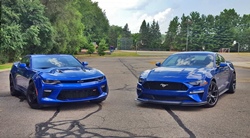
Carl Malek has been an automotive journalist for over 10 years. First starting out as a freelance photographer before making the transition to writing during college, his work has appeared on numerous automotive forums as well as websites such as Autoshopper.com.
Carl is also a big fan of British vehicles with the bulk of his devotion going to the Morgan Motor Company as well as offerings from Lotus, MG, and Caterham. When he is not writing about automobiles, Carl enjoys spending time with his family and friends in the Metro Detroit area, as well as spending time with his adorable pets.


